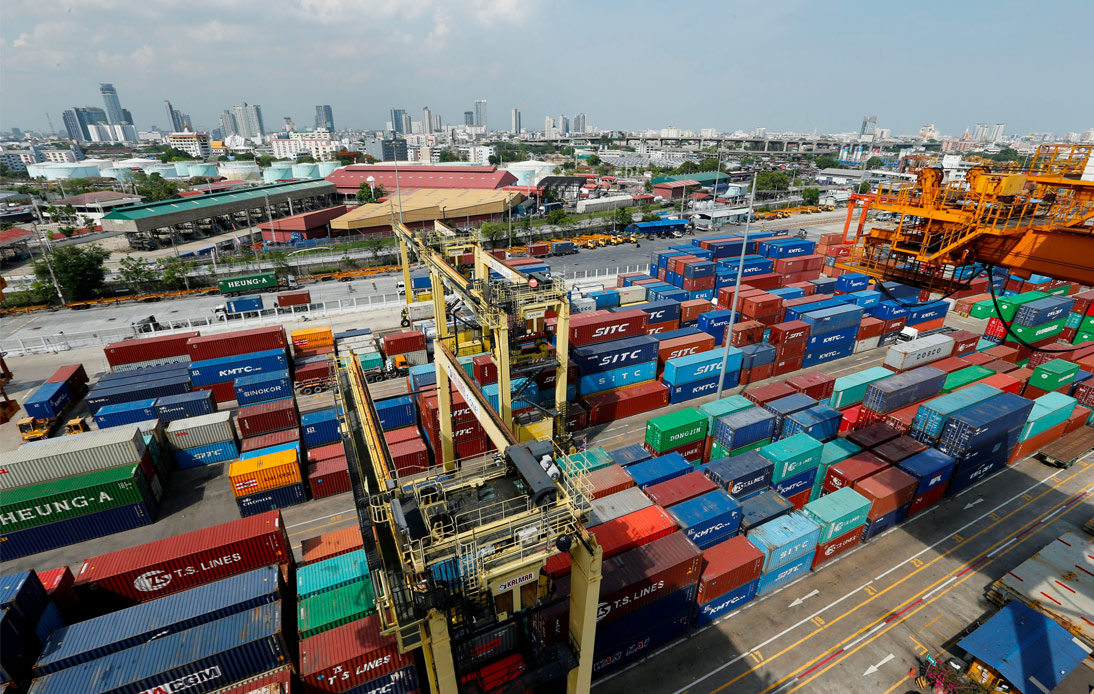
Thailand is gearing up to commence discussions on a free-trade agreement with the European Union (Thai-EU FTA) next week, with a goal of sealing the deal within a two-year period.
As stated by Auramon Supthaweethum, the Director-General of the Department of Trade Negotiations under the Commerce Ministry, the ministry is preparing to lead a group of government agencies in the inaugural negotiations of the Thai-EU FTA, slated for September 18-22 in Brussels, Belgium.
This endeavor will encompass high-level delegation meetings as well as 19 specialized subcommittee sessions.
The 19 subcommittees cover a range of sectors including trade in goods; rules of origin; customs processes and trade facilitation; trade remedies; sanitary and phytosanitary standards; technical hindrances to trade; and services and investment trading.
They will also cover digital commerce; intellectual property rights; competition and subsidies; along with government procurement procedures.
Additional sectors encompass trade coupled with sustainable growth, small and mid-sized enterprises, public sector enterprises, energy and raw materials, and sustainable food infrastructures.
They also focus on promoting openness and adept regulatory procedures, conflict resolution, and addressing various clauses including introductory, universal, and concluding ones, along with those associated with establishments and exclusions.
Thailand’s negotiation team will be formed of delegates from pertinent governmental entities, including the Commerce Ministry, the Finance Ministry, the Agriculture and Cooperatives Ministry, and the Industry Ministry.
The Natural Resources and Environment Ministry, the Labour Ministry and the Foreign Affairs Ministry will also be present.
The Institute of Future Studies for Development, having performed an initial analysis of the pros and cons of the Thai-EU FTA, anticipates it will boost Thailand’s GDP by 1.28% yearly, enhance exports by 2.83% annually, and escalate imports by 2.81% yearly.
Moreover, it will facilitate overseas investments and the creation of jobs in Thailand, while also promoting international norms in correlated sectors such as intellectual property rights, labour rights, environmental guidelines, and sustainability.
Ms Auramon stated that the department plans to collaborate with stakeholders to guarantee well-rounded and mutually advantageous results.
In the initial seven months of the current year, the trade exchange between Thailand and the EU reached a total of US$24.7 billion, with Thailand shipping products valued at $12.9 billion to the EU and receiving goods worth $11.8 billion from the EU.
Primary Thai export commodities encompass computers and components, air-conditioning units and parts, jewellery, electronic circuit boards, and rubber items.
Significant Thai imports consist of machinery and parts, pharmaceutical and medical goods, chemicals, along with electrical machinery and components.




















